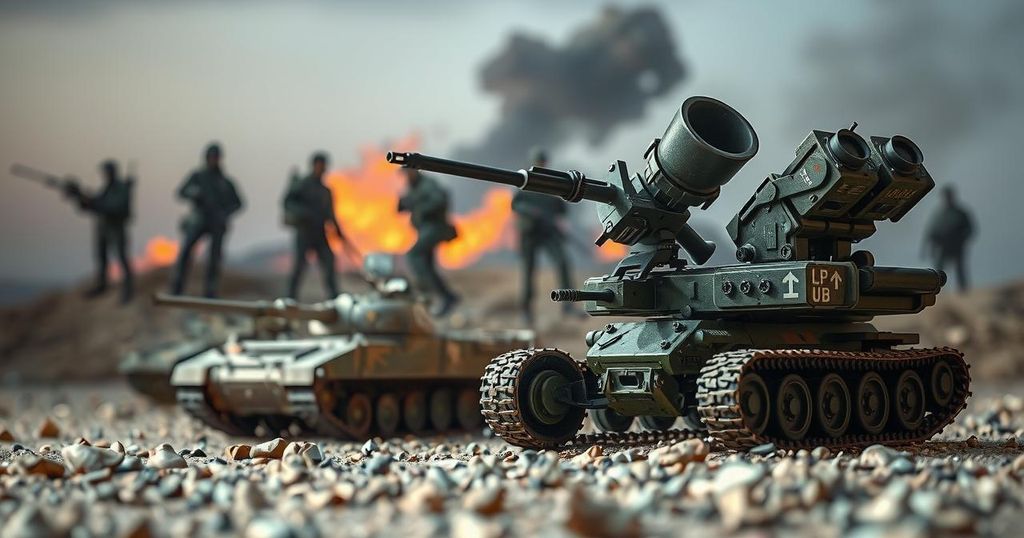North Korean troops sent to support Russian forces in Ukraine appear to have largely disappeared after facing significant casualties in the Kursk region. Despite being well-armed, they lack combat experience and have been described as disposable by some sources. Captured soldiers have expressed mixed sentiments regarding their allegiance and prospects, and future involvement of North Korean forces remains uncertain.
Recent reports indicate that North Korean soldiers have seemingly vanished from the battlefield in Ukraine, although they joined Russian forces to support operations near the Ukrainian border. Colonel Oleksandr Kindratenko of Ukraine’s Special Operations Forces commented that it has been three weeks since any sighting of these troops, who were initially stationed in the Kursk region. Despite initial reports of their mobilization, effective engagement has remained controversial.
North Korea’s leader, Kim Jong Un, had sent around 12,000 troops to Russia for combat, with reports suggesting a significant number have since been killed or wounded amid intense conflict. Ukrainian analysts have categorized these soldiers as “cannon fodder” due to their lack of combat experience, contrasting with claims that they are disciplined and adept in weapon handling.
Ukrainian forces captured at least two North Korean soldiers, with one expressing a desire to remain in Ukraine, while the other wished to return to his homeland. Reports have surfaced of North Korean troops committing suicide to evade capture, stemming from fears of retaliation against their families.
Ukrainian troops provided medical assistance to one captured soldier while under heavy fire from Russian forces during his rescue. North Korean soldiers were primarily utilized for holding strategic positions in Kursk, but faced high casualty rates during assaults on Ukrainian defenses, often following the same paths where many had already fallen.
Significantly, North Korean fighters have demonstrated superior armament compared to Russian soldiers, being equipped with modernized weapons, including AK-12 assault rifles and high numbers of ammunition. Many of these troops operate without protective gear such as helmets, prioritizing speed and mobility in their assaults against Ukrainian strongholds.
Despite the challenges they have faced, it remains uncertain when North Korean soldiers might re-enter the conflict or if further reinforcements will be dispatched. Possible retraining may enhance their effectiveness in future operations alongside Russian forces, as indicated by Colonel Kindratenko.
The deployment of North Korean soldiers in the Ukraine conflict has garnered significant international attention due to their involvement alongside Russian military forces. Following Pyongyang’s allyship with Moscow under President Kim Jong Un, an estimated 12,000 troops were sent to bolster Russian operations. However, the effectiveness and outcomes of their engagements have raised questions regarding their capability in modern warfare, particularly against a backdrop of substantial casualties and lack of experience in advanced combat techniques, like drone warfare.
In conclusion, the deployment of North Korean soldiers to aid Russian forces in Ukraine has resulted in high casualty rates and questions about their operational effectiveness. While they may possess superior weaponry compared to their Russian counterparts, their combat experience remains limited. The situation remains fluid, with further developments possible regarding troop reinforcements and potential impacts on the overall conflict.
Original Source: www.newsweek.com






